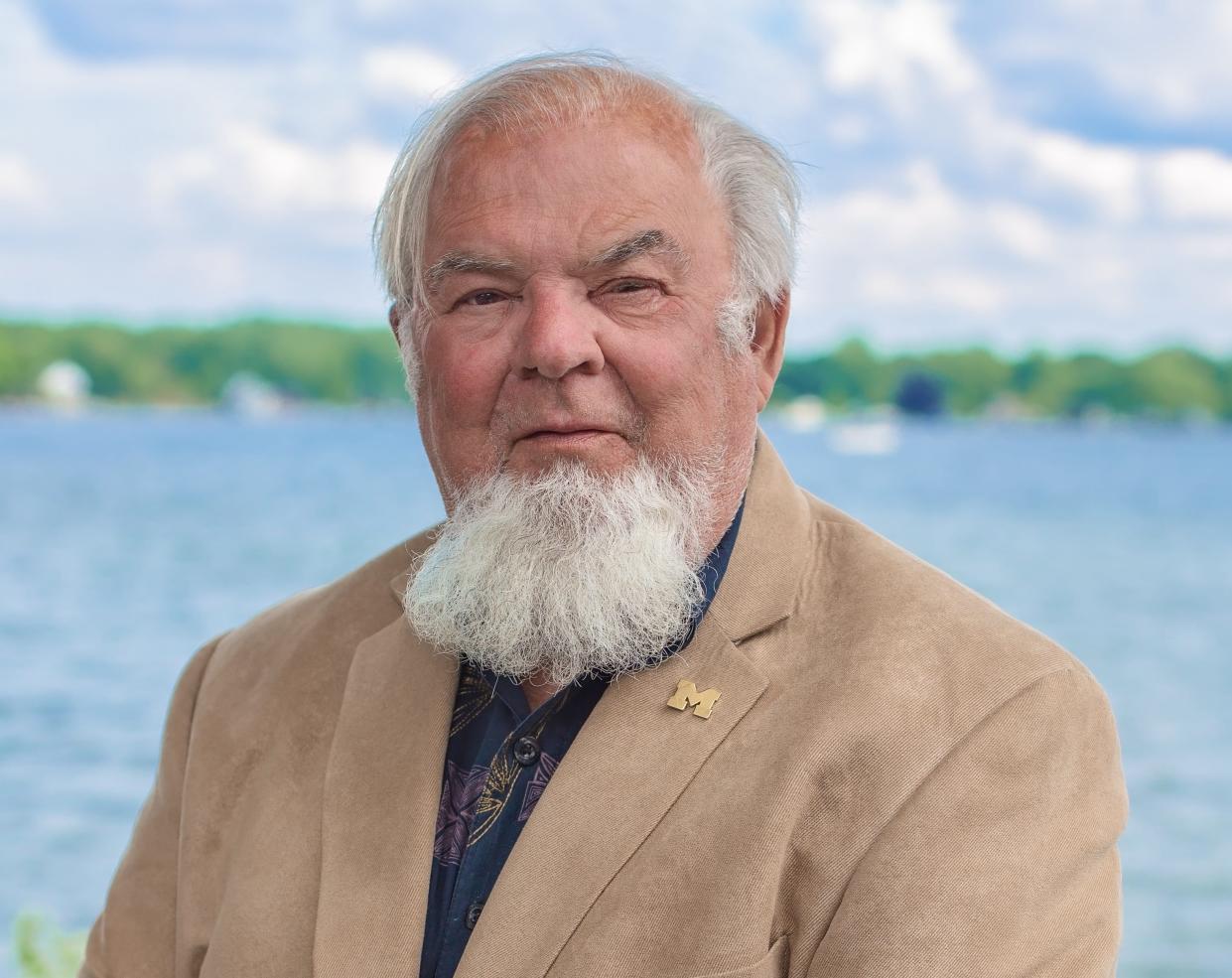American interference and Vietnam, Ukraine and Taiwan cases

- Oops!Something went wrong.Please try again later.
The cases of Vietnam, Ukraine and Taiwan share some similarities: prior sovereign unity between the parties, demographic similarity and prior American foreign policy interference which moved events to an unnatural course.
In Vietnam, the Vietnamese country was unified by Gia Long in 1802, having been divided on and off for much of its long history of shared culture. Then came French colonization in the 1880s. with its headquarters in Saigon in 1887. French colonialism was interrupted by the Japanese during World War II, during which the nationalist and Communist leader Ho Chi Minh cooperated with the allies against Japan.
Ho declared independence after the war on Sept. 2, 1945. The French went to war to hold onto Vietnam. A settlement was reached at the Geneva Conference, July 21, 1954. Ho withdrew from territory conquered in war in exchange for elections in 1956 to unify the country.
The United States did not accept this outcome, considering it to be a Communist victory. We broke the spirit of the agreement by creating an anti-Communist alliance the Southeast Asia Treaty Organization (SEATO) on Sept. 8, 1954. This alliance allowed for “protocol” states of former French Indochina, in direct violation of the Geneva Settlement.
In addition, the United States began to promote a rival nationalist leader, Ngo Dinh Diem, which directly challenged the Geneva Settlement plan of unification in 1956. The end result, of course, was the Vietnam War. It all ended with a unified Vietnam in 1975, just as it would have in 1956.
Regarding Ukraine, Russia and Ukraine were unified in sovereignty under the Soviet Union until the latter collapsed in 1991, when Ukraine gained its independence. In terms of ethnicity, the two are similar, with a closeness as Slavic peoples and languages. Both languages use the Cyrillic alphabet. Russian is widely spoken.
Regarding American foreign policy interference, the main thing was NATO expansion led by the Bill Clinton administration. NATO was supposed to be a defensive alliance; Clinton turned it into an offensive one, moving right up into Russia’s sphere of influence. Clinton wrote: “I tried to put Russia on another path. My policy was to work for the best, while expanding NATO to prepare for the worst.” (Clinton, The Atlantic, April 7, 2022). He was trying to change Russia into a democracy, but for defense, he expanded NATO. He appears to have had no empathy for the security interests of Russia.
Regarding Taiwan, in 1683 China occupied Taiwan, having driven out the Dutch, and eventually incorporated it into Chinese sovereignty. China lost Taiwan 212 years later as a result of the China-Japanese War of 1894-95, and the “unequal” Treaty of Shimoneseky of 1895. Japan lost sovereignty over it as a result of World War II. The Republic of China (ROC) was the government of China then and took the Japanese surrender of Taiwan on Oct. 25, 1945. After winning the civil war, Mao Zedong declared at Beijing on Oct. 1, 1949, that the People's Republic of China (PRC) was the successor government to the ROC for China; the ROC fled to Taiwan. Taiwan is 95% Chinese in ethnicity.
The United States refused to recognize the PRC as the successor government of China until Jan. 1, 1979 (unbelievable!), even after the UN had seated the PRC as the government of China in 1971, but the U.S. passed the Taiwan Relations Act (TRA) the same day which aided Taiwan; and, with the onset of the Korean War in 1950, had put the U.S. 7th Fleet into the straits separating China from Taiwan, preventing unification. In the San Francisco Japanese Peace Settlement of 1951-52, the United States had prevented the clear transfer of sovereignty of Taiwan from Japan back to China (PRC) and continues to arm Taiwan under the TRA against China. Without American interference, Taiwan would naturally be part of China (PRC) and not now threatening a major future crisis. We kept supporting the loser in the civil war, and still do.
James W. Pfister, J.D. University of Toledo, Ph.D. University of Michigan (political science), retired after 46 years in the Political Science Department at Eastern Michigan University. He lives at Devils Lake and can be reached at jpfister@emich.edu.
This article originally appeared on The Daily Telegram: James Pfister: American interference in Vietnam, Ukraine, Taiwan

